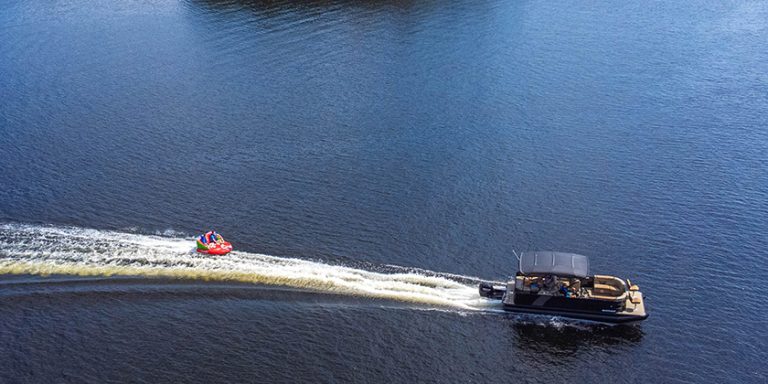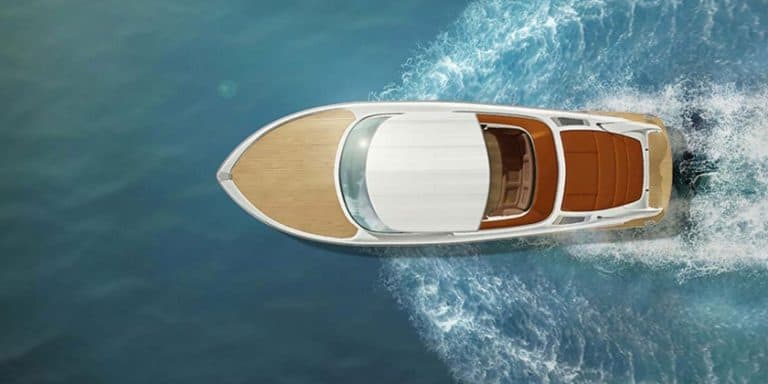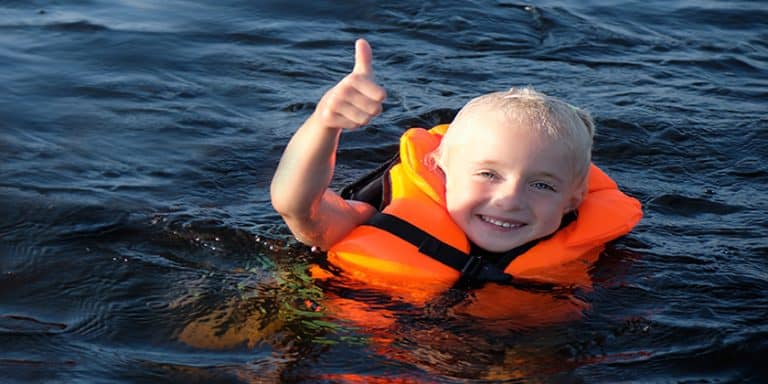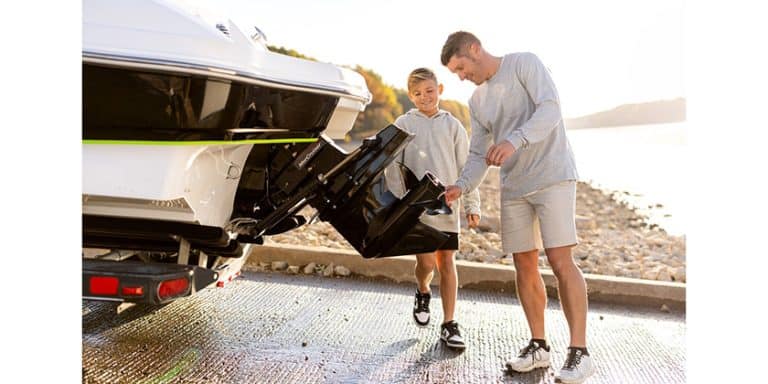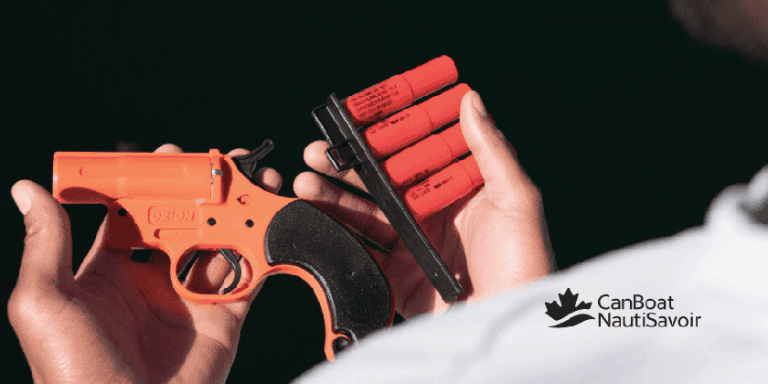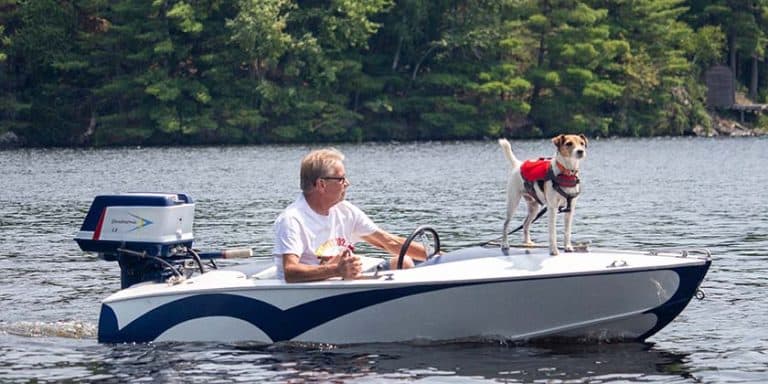BC Sailing Leads The Way To Safer Racing
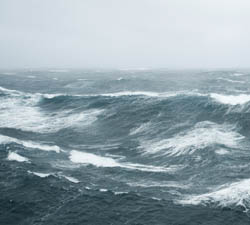
The golden thread that links the aftermath most offshore and distance sailing accidents is the absence of formal safety and survival training.
Despite the overwhelming body of evidence that supports that conclusion, North American sailors have been slow to embrace the idea that taking a course and learning how to right a capsized liferaft, proper tether and harness discipline, or how to retrieve a crew overboard from the water is just as important as investing time to teach how to tack without losing boat lengths.
For racers it boils down to this: you cannot place if you don’t finish.
We need to look no further than the number of recreational yachts that withdraw from distances races in heavy seas where formal training is either not available or crews do not think they need it.
Magically, there are always 3 or 4 boats in those fleets that carry on to cross the finish line no worse for wear. A closer examination of the finishers typically reveals a disciplined approach to formal and informal crew training for the routine and likely scenarios that play out in distance races the hallmark of which is self reliance and no outside help. This has proved to be true whether the race distance is either 300 or 3000 miles.
The ISAF developed a model offshore safety curriculum as a response to numerous famous fatal sailing incidents including the 1979 Fastnet and the 1998 Sydney to Hobart ocean races. Those accident reports and others that continue to accumulate point to a lack of preparation and planning and the absence of a working knowledge of how to properly use safety equipment as factors in the outcomes. The purpose of the model curriculum is to provide a common baseline to deliver local offshore safety training under the national sailing authority.
To that end, BC Sailing pioneered Canada’s first ISAF offshore safety certificate of competence training and reached a milestone April 1st when its first-in-Canada “Offshore Personal Survival Course” turned 1 year old. The course includes classroom and practical sessions and topics covered include safety equipment, storm sails, weather forecasts, heavy weather, man overboard, emergency signals and communications.
Practical sessions include inflating and using lifejackets and life rafts in a pool environment. Participants who successfully complete the course receive a CYA-ISAF Approved Offshore Personal Survival Course certificate, valid for five years. The latest class included Americans coming to Canada to obtain a certification. To date 167 sailors have taken the course which is aims to better prepare sailors that are participating for distance and offshore races and passages to face the hazards extended passages on open water.
Instructor David Sutcliffe, veteran of the Sydney to Hobart ocean race is one of the driving forces behind the development of a Canadian ISAF course and he says two catalysts led to its creation: local BC race organizers had wanted to make safety training available in the region to sailors participating in distance races for some time when, in 2010, a series of safety related incidents including dismasting, minor injuries and a multiple person MOB from a boat that was capsized and down flooded, occurred in the Southern Straits race as conditions worsened to storm force after the race was underway.
The findings of an investigation into the various incidents sounded resoundingly familiar and highlighted a need for heavy weather education and better safety training in the racing fleets. The West Vancouver Yacht Club for the Southern Straits Race, Royal Vancouver Yacht Club for the Victoria to Maui Race, Royal Victoria Yacht Club for the Swiftsure Race, and Van Isle Marine Productions for the Van Isle 360 Race came together to pool resources and developed the course. More information about the course is available on the BC sailing homepage www.bcsailing.bc.ca.
By Eric Hill

